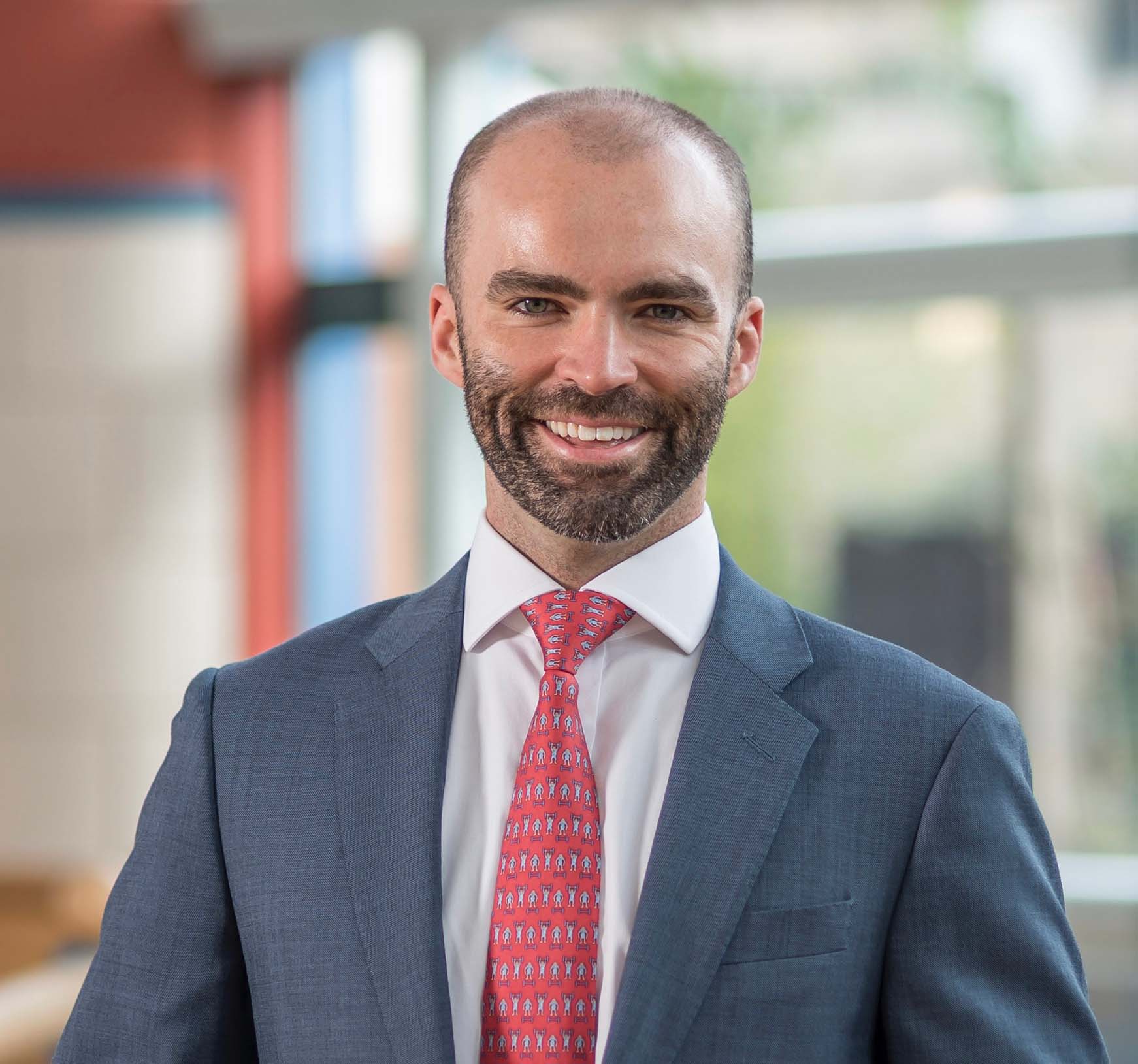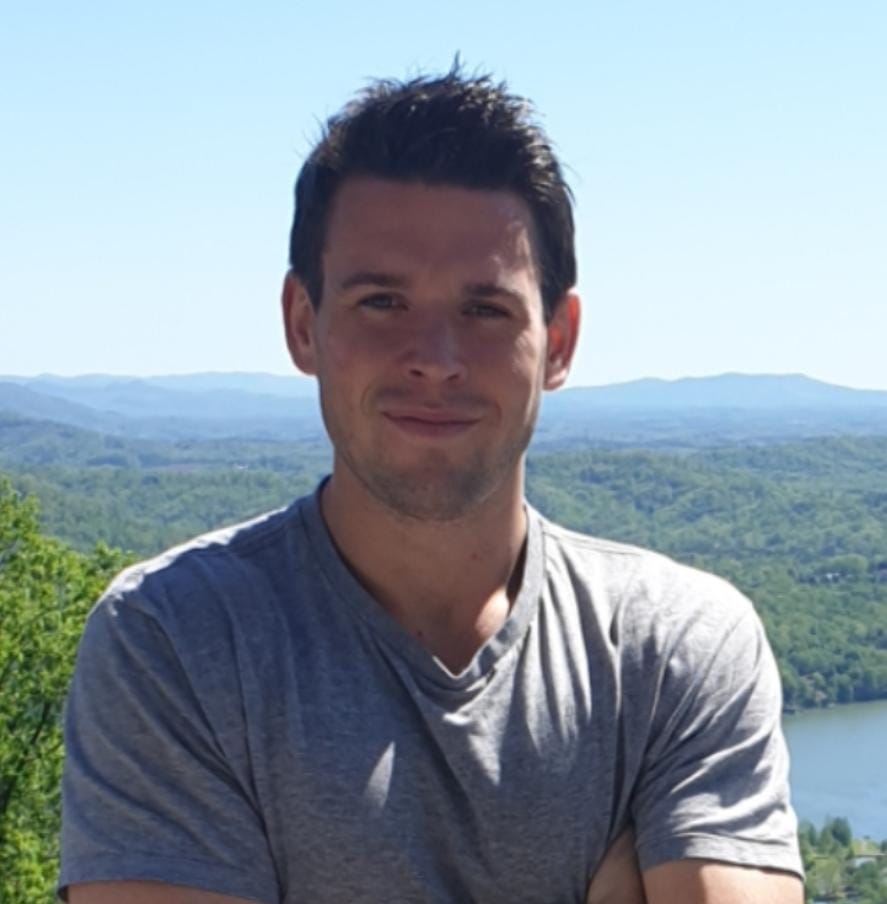Graduate students from University of Cambridge took the top prize with their proposal to help protect and restore mangrove forests.
A proposal from students at the University of Cambridge to create a new type of parametric insurance to protect and restore mangrove forests won the 2022 Kellogg-Morgan Stanley Sustainable Investing Challenge, which is now in its 12th year.
Each year, the competition identifies a pipeline of emerging leaders from around the world who see the markets as an important tool in addressing global challenges. This year, more than 250 graduate students pitched creative financing ideas, including proposals that would facilitate the re-use and upcycling of old wind turbine blades, a convertible minibond that would incentivize the farming of black soldier flies to help reduce organic waste and a fund to build green hydrogen facilities.
“This year’s teams showed us that the challenges we face today require urgent and fresh thinking,” says Audrey Choi, a Morgan Stanley senior adviser and CEO of the firm’s Institute for Sustainable Investing. “As the world struggles with intensifying extreme weather events and growing inequality, it’s clear that innovative financial solutions like this plan to protect and restore mangrove forests is an exemplary case of tomorrow’s business and finance leaders thinking outside the box.”
Coast Haven Brokerage Takes Top Prize
Students from the University of Cambridge’s Judge Business School proposed Coast Haven Brokerage, a platform-based brokerage that facilitates the deployment of a new type of parametric insurance. Coast Haven Brokerage would help protect and restore mangrove forests affected by climate change by connecting beneficiaries of mangroves’ ecosystems—such as tourism industries and governments—with insurers, investors interested in funding environmental impact and project developers and restoration experts.


The proposal combines a conventional brokerage and investing model with environmental certification and a data-capturing platform. Policyholders would help ensure economically productive mangrove assets: When winds reach specific speeds in at-risk mangrove areas affected by extreme weather events, insurers would immediately make fixed-rate payments to help facilitate rapid regeneration. This would help ensure the protection of mangrove assets and their communities.
Winning the runner-up prize was the GOAL Fund team from the Fletcher School of Law and Diplomacy at Tufts University. They proposed a scheme to finance the acquisition and restoration of land surrounding decommissioned oil and gas wells, leveraging private equity and carbon credits to plug and remediate these areas.

This year’s competition drew 77 teams, each with an idea on how to use finance to address environmental and social challenges. Volunteers in the sustainable investing community participated as both mentors and judges, helping to narrow the submissions to the top 16 teams, who advanced to the finals that took place virtually last week.
Judges listened to pitches and asked questions to better understand how these proposed financial solutions would work. Four teams were then selected to advance to the final round, pitching yet again in front of judges and a virtual audience of engaged viewers.
“Since 2011, this Challenge has been a testament to the growing opportunities available to investors looking to do well by doing good,” says David Chen, Professor of Finance at Kellogg Management School, CEO of Equilibrium Capital and the founder of the Sustainable Investing Challenge. “These students showed such creativity and financial acumen, clearly demonstrating how ready they are to be innovative financial leaders this field needs."



